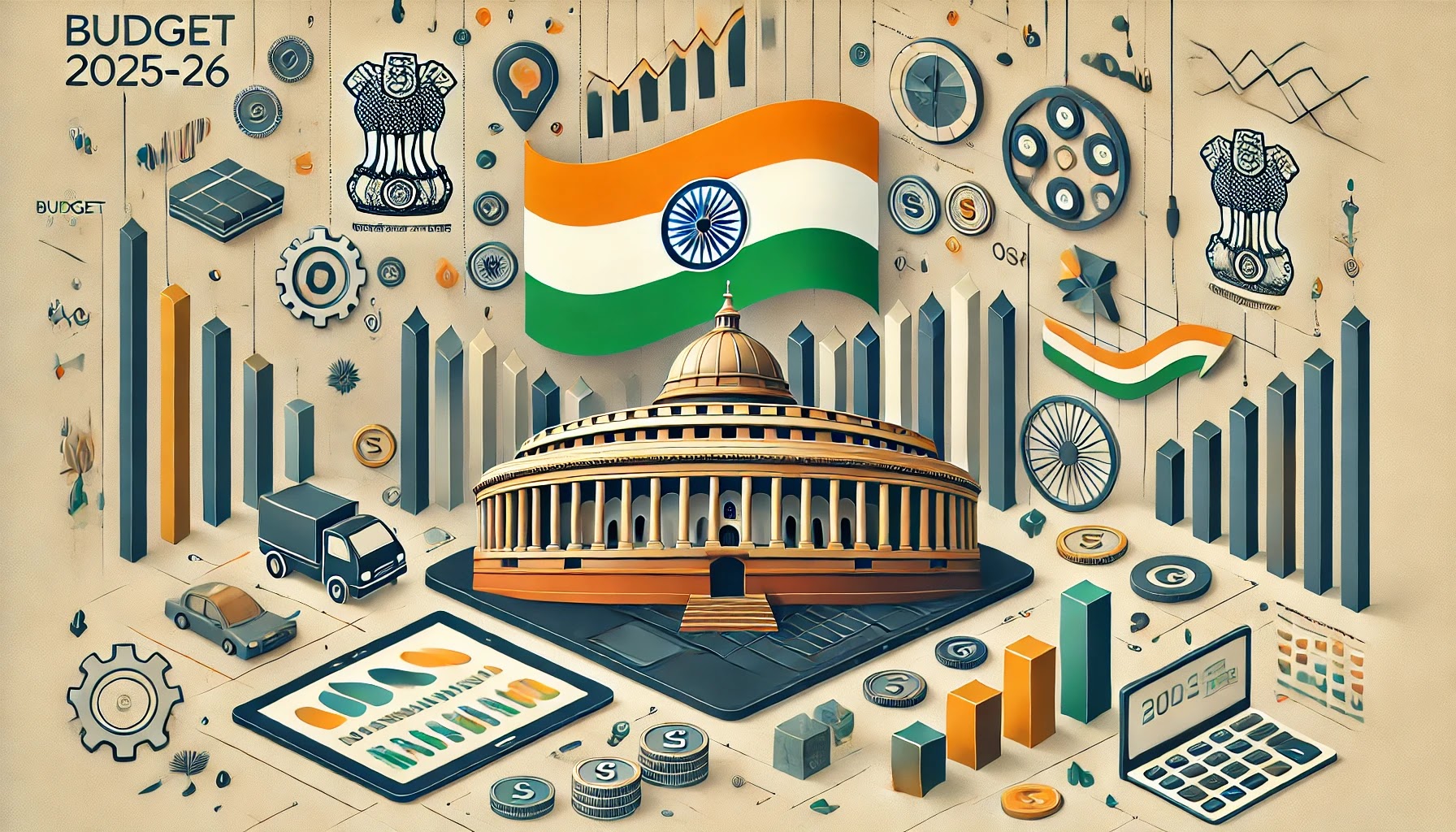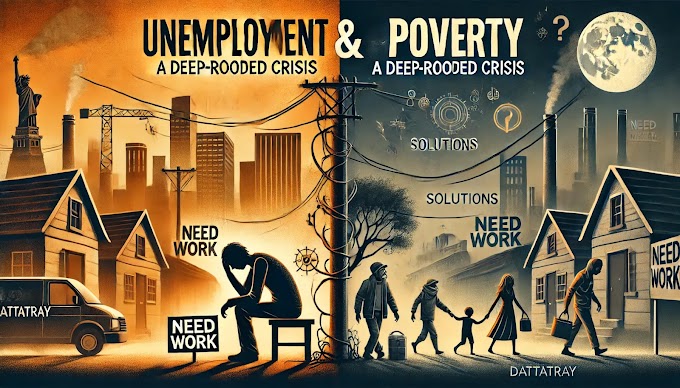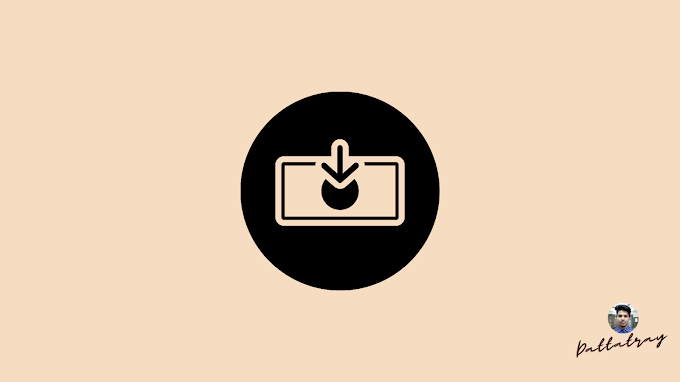The Economics of Happiness: Can Money Buy True Well-Being ?
Introduction:
Economics traditionally revolves around the allocation of resources, market dynamics, and the pursuit of profit. Yet, in recent years, a unique and increasingly prominent subfield has emerged, one that shifts the focus from GDP and wealth accumulation to something more intangible - happiness. This article explores the fascinating concept of the economics of happiness, questioning whether money can indeed buy true well-being.
Defining Happiness in Economics:
In the realm of economics, happiness is measured through subjective well-being (SWB) indicators. SWB encompasses life satisfaction, positive emotions, and the absence of negative emotions. Researchers use surveys and self-reported data to assess individuals' happiness levels.
The Easterlin Paradox:
The Easterlin Paradox, proposed by economist Richard Easterlin in the 1970s, challenges the assumption that higher income leads to greater happiness. Easterlin's research suggested that while within a given society, richer people tend to report higher levels of happiness than poorer people, across different countries, increased income does not consistently correlate with higher happiness levels.
Beyond a Certain Point, Money Doesn't Buy Happiness:
Studies have shown that once individuals reach a certain income threshold that covers their basic needs, additional income has diminishing returns on happiness. This phenomenon is known as the "hedonic treadmill," where people quickly adapt to increased wealth, and the initial happiness boost fades.
The Role of Non-Material Factors:
The economics of happiness emphasizes that factors beyond income significantly impact well-being:
Social Connections:
Strong social bonds and relationships contribute significantly to happiness. Loneliness and social isolation are linked to lower SWB.
Work-Life Balance:
A healthy work-life balance, job satisfaction, and autonomy at work are critical factors in happiness.
Health and Well-Being:
Physical and mental health play pivotal roles in overall happiness. Good health contributes more to SWB than income.
Personal Growth and Fulfillment:
Pursuing one's passions, having a sense of purpose, and achieving personal goals contribute positively to happiness.
Policy Implications:
Understanding the economics of happiness has profound policy implications:
Beyond GDP:
Policymakers are increasingly considering SWB indicators alongside GDP when evaluating the success of their policies.
Mental Health and Well-Being:
Investments in mental health services and programs that enhance overall well-being are gaining importance.
Environmental Sustainability:
Policies aimed at environmental sustainability can indirectly contribute to happiness by ensuring a healthy planet for future generations.
Conclusion:
The economics of happiness challenges the traditional economic notion that more wealth equals more happiness. While money certainly plays a role in well-being, it's only one piece of a much larger puzzle. True happiness seems to emerge from a complex interplay of material and non-material factors, including social connections, personal growth, and health.
As societies evolve, a shift toward measuring and promoting happiness alongside economic growth may lead to more holistic and fulfilling lives for individuals. Ultimately, the pursuit of happiness, both individually and collectively, remains a fundamental human endeavor that transcends the boundaries of economics.
Thanks For Reading ( Have A Great Week :)
. . .
"I think, I have to Be More Discipline Rather Than Motivated" - Just Thought
.png)






.png)



.png)


0 Comments